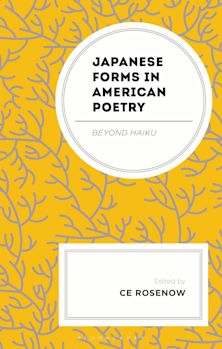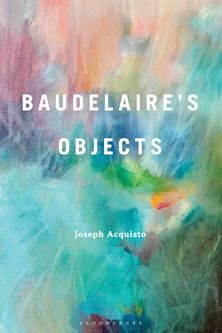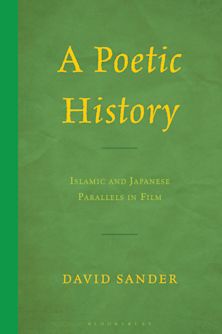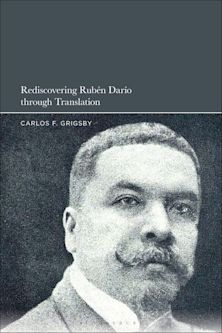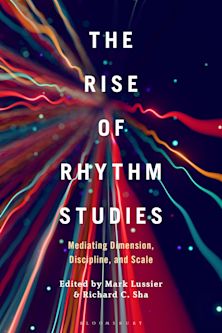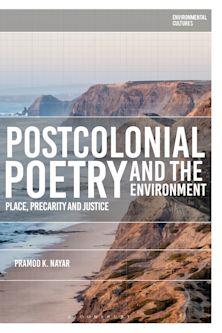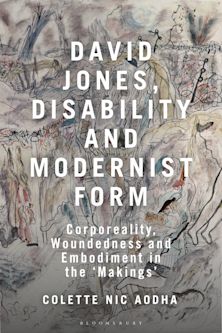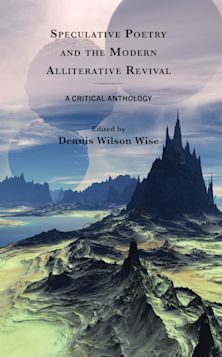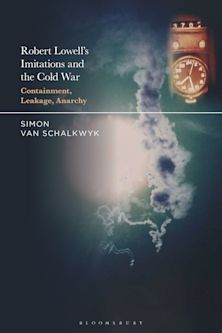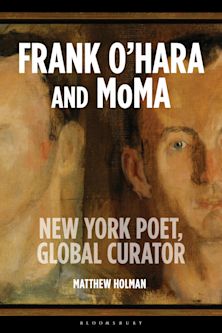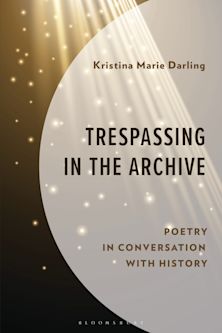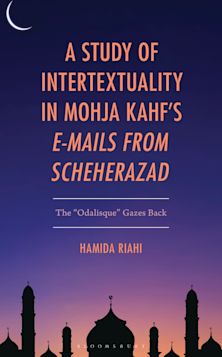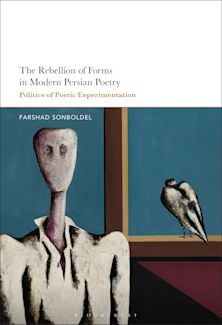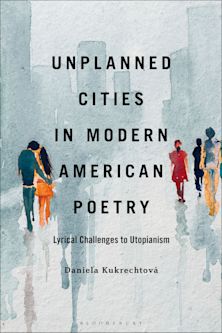- Home
- ACADEMIC
- Literary Studies
- Poetry and Poetics
- Poetry's Knowing Ignorance
This product is usually dispatched within 2-4 weeks
- Delivery and returns info
-
Flat rate of $10.00 for shipping anywhere in Australia
You must sign in to add this item to your wishlist. Please sign in or create an account
Description
What kind of knowledge, if any, does poetry provide? Poets make poems, but they also make meaning and craft a kind of learned and creative ignorance as they provide infinitely revisable answers to the question of what poetry is. That question of poetry's definition invites broader ones about the relationship of poetry to other lived experience. Poetry thus implies something like a way of life that is resistant to definitive statements and conclusions, and the creation of communities of readers and writers that live in ever-renewed questioning.
To resist concluding is to embrace a kind of productive ignorance, a knowledge that is first and foremost aware of poetic knowledge's own limits. Poetry's Knowing Ignorance shows, through an examination of French poetry, how it is this dialogue in response to a constant questioning, to an answer-turned-question, that continues to blur the boundary between poetry and writing about poetry, between poetry and criticism, and between poetry and other kinds of experience.
Table of Contents
Introduction: “That Key That You Must Always Keep on Losing”
1 Knowledge, Truth, and Ignorance in Nineteenth-Century Poetry (Hugo and Baudelaire)
2 Saying the Ineffable: Poetry is Poetry (From the Romantics to Valéry)
3 Non-knowledge, Limit, and Productive Impossibility (Bataille and Blanchot)
4 “Moving forth from uncertainty all the same” (Jaccottet and Maulpoix)
5 Poetry, Community, Relation
Notes
Bibliography
Index
Product details

| Published | 19 Sep 2019 |
|---|---|
| Format | Hardback |
| Edition | 1st |
| Extent | 224 |
| ISBN | 9781501355226 |
| Imprint | Bloomsbury Academic |
| Dimensions | 229 x 152 mm |
| Publisher | Bloomsbury Publishing |
About the contributors
Reviews
-
In a study that is at once thorough and highly engaging, Acquisto convincingly demonstrates how poetry has come to transform modern doubt into a creative force--an endless movement toward understanding that, in refusing certitude, is the richer for remaining open to possibility. His concluding reflections on the potential for fostering community are especially timely in this regard, in an era of informational impatience and deadlocked political discourse.
Scott Shinabargar, Professor of French and Chair, Department of World Languages and Cultures, Winthrop University, USA
-
This is not just a brilliant book that unravels French poetics for specialists and non-specialists alike, but one that gives us invaluable heuristic tools--what Chamoiseau called 'poecepts'--to approach most other literary traditions related to modernism, across cultures and languages. Joseph Acquisto gracefully elucidates how French thought (Bataille, Blanchot, Nancy, and Rancière in particular) is conveyed through (and intertwined with) poetics and how poetry's most profound knowledge is also poetry's refusal to impose itself as an absolute form of knowing: 'Poetry is thus that song that you cannot grab, that space where you cannot dwell, that key you must always keep on losing' (Philippe Jaccottet).
Hugues Azerad, Fellow and College Lecturer in French, Magdalene College, University of Cambridge, UK
-
Acquisto's sustained meditation on modern poetry's productive, rather than aporetic, engagement with ignorance delivers a surprise: self-reflexivity, in the form of poetry's restless self-definitional impulse, connects, rather than disconnects, poetry and the world. This incisive study is as deeply-searching as the poetic works it reads.
Claire Chi-ah Lyu, Associate Professor of French, University of Virginia, USA
-
What emerges ... from these nuanced and thoughtful readings of prose essays on poetry is a persuasive narrative of how a certain strand of philosophical thinking in France developed an idea of poetry as the site of an endless questioning. What emerges ... from these nuanced and thoughtful readings of prose essays on poetry is a persuasive narrative of how a certain strand of philosophical thinking in France developed an idea of poetry as the site of an endless questioning.
Modern Language Review

ONLINE RESOURCES
Bloomsbury Collections
This book is available on Bloomsbury Collections where your library has access.












